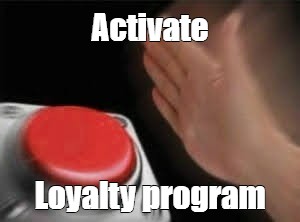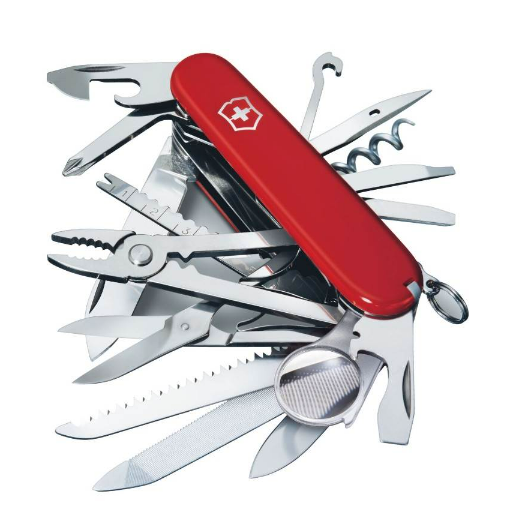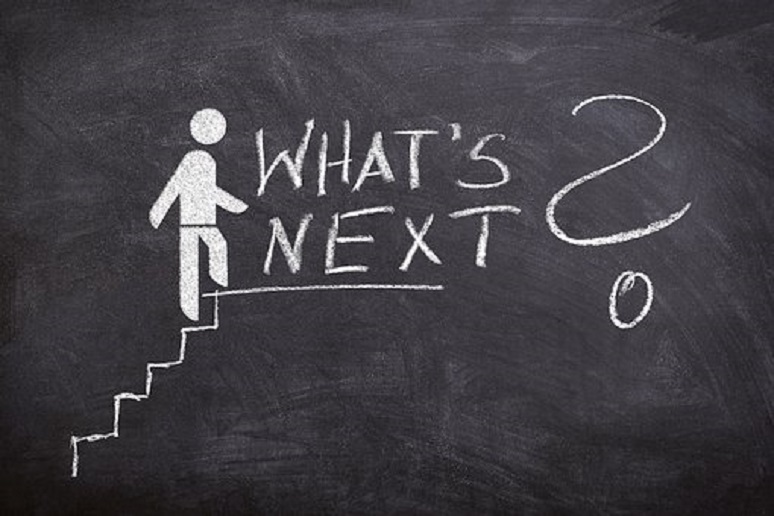
The ultimate question
As the leaders in loyalty consulting, we often throw this question out rhetorically. We ask it when we come across an interesting loyalty program or an effective application of loyalty psychology. We ask it when we see a clever use of technology in the loyalty program space.
An even better time we ask this question is when celebrating our client success stories (on that note, we wish Australian Venue Co best of luck as finalists in the International Loyalty Awards 2023 for The Pass).
We also love asking the question when our clients share the stellar results our loyalty programs are delivering for them.
Some recent results we are proud of include:
- 300% membership growth for a major cinema chain
- 140% transaction growth and 118% increase in average order value growth for a major hospitality group
- 100% increase in order frequency for a major beauty retailer
- 20% uplift in NPS for a major market research firm
- 20% reduction in operating costs for a global electrical goods supplier
In our book, “Loyalty Programs: The Complete Guide”, we go into great detail on whether loyalty programs work to generate customer loyalty or not (spoiler alert: the answer is they do and they do not). We also elaborate on the circumstances they do work in. We have also previously explored the pros and cons of loyalty programs. That’s enough about what loyalty programs can do now let’s dive into it. So, really, is there anything that loyalty programs can’t do?

If it’s broke, a loyalty program won’t fix it
As part of our loyalty consulting engagements, we always demonstrate how the best loyalty programs help provide members with a sense of belonging. The customer experience and loyalty program design need to be aligned towards creating this sense of belonging. Brands need to create feelings of enjoyment while delivering value and rewards to their members at the same time.
Before even beginning to ascend this hierarchy there are foundational elements that need to be in place to give the loyalty program the best chance of delivering returns for the business and delight for the members. Businesses often overlook these foundational elements (or hygiene factors), and they attempt to remedy these shortcomings by implementing loyalty programs.

So really, what can’t loyalty programs do?
- Make up for poor product quality: A loyalty program may encourage customers to continue purchasing from a business, but if the product or service is of low quality, customers may eventually lose trust and stop buying altogether.
- Compensate for lack of competitive pricing: A loyalty program may be effective in retaining customers, but if a competitor offers better pricing, customers may still choose to switch.
- Make up for a lack of differentiation: If a business fails to offer products or services that differentiate them from competitors, a loyalty program alone may not be enough to retain customers. On the flip side, a strong loyalty program can be the secret sauce a brand needs to differentiate themselves, retain and even acquire customers.
- Repair a negative reputation: If a business has a negative reputation, a loyalty program may not be able to overcome the negative perceptions and opinions of customers.
- Make up for poor customer experience: Even the best loyalty program may not be enough to retain customers if they consistently have poor experiences. This could be with the brand overall or when dealing with customer service representatives, frontline staff, or support.
- Make up for lack of personalisation: Tied to the customer experience is the increasing need and demand for relevant personalisation. Customers expect businesses to tailor their experience, communication, offers, and rewards according to their needs and preferences. A business needs to be setup to deliver this personalisation. A successful loyalty program will rely on and enhance this capability.

Hygiene factors? Tick. What’s next?
Even if a business successfully delivers on the hygiene factors, it still needs to address internal elements of designing, implementing, and operating a loyalty program. Neglecting these elements will create additional hurdles that the loyalty program may not be able to overcome.
Some of these elements include:
- Loyalty program strategy: This is a big one. The program requires a sound strategic design that aligns clear objectives with the overall goals of the business. The program also needs to be attractive and engaging to members throughout their lifecycle. The program design needs to considers an MVP launch as well as an evolutionary roadmap. The program design needs the flexibility to adapt and optimise based on testing, performance, feedback (from members and business stakeholders), and technology. It takes loyalty experts with deep knowledge and experience to accomplish this. It is not expertise that an agency or broader management consulting firm would have within their arsenal. That is where a loyalty consulting firm comes in.
- Stakeholder, management and employee buy-in: A successful loyalty program requires buy-in and participation all levels of the organisation. This includes endorsement and backing from senior management. It also includes training employees on the benefits of the program, how to enrol customers, and how to track and analyse program metrics.
- Detailed and robust commercial modelling: Sound commercial modelling is a critical success factor for a loyalty program to succeed. A cost-benefit analysis needs to consider things like platform and resource costs, the cost of rewards as well as liability management. It also needs to forecast the returns a program might deliver to the business in incremental revenue. The business should conduct at least 3 years of forecasting, scenario planning, and measures for ROI tracking for the loyalty program. The business should treat the loyalty program like a business.
- The right technology: An unbiased evaluation and selection of the right platform that can integrate effectively with an existing technology stack. Loyalty platforms are highly advanced and API driven in most cases. This allows for seamless integration. In some instances loyalty platforms can plug other gaps in capability. Evaluating potentially suitable platforms against the business objectives, the program design, budgets, internal capability, and resources is crucial to implementing a successful loyalty program.
- Continuous evolution: The success of the loyalty program requires the resources and expertise to not only implement the program but to manage, monitor, test and evolve over time. Whether that is the hands-on operation of the loyalty platform and loyalty program elements or the sourcing and negotiation of rewards, partnerships and offers to keep delivering value to members.

Is there anything Loyalty & Reward Co can’t do?
Luckily, this question is an easy one. We can conduct a health check of an existing loyalty program or we can develop the strategy and design for a new program. If you require commercial modelling or any other data & analytics, we can help. If you need expertise in loyalty program implementation, ongoing loyalty program operations or partnership sourcing too, Loyalty & Reward Co can provide those services too. We are the experts in loyalty consulting with over 100 global loyalty programs under our belt.
Interested in learning more? Explore our full range of services or if you would like to talk about your loyalty consulting or operational needs (or even just to have a chat about loyalty programs in general) get in touch.

